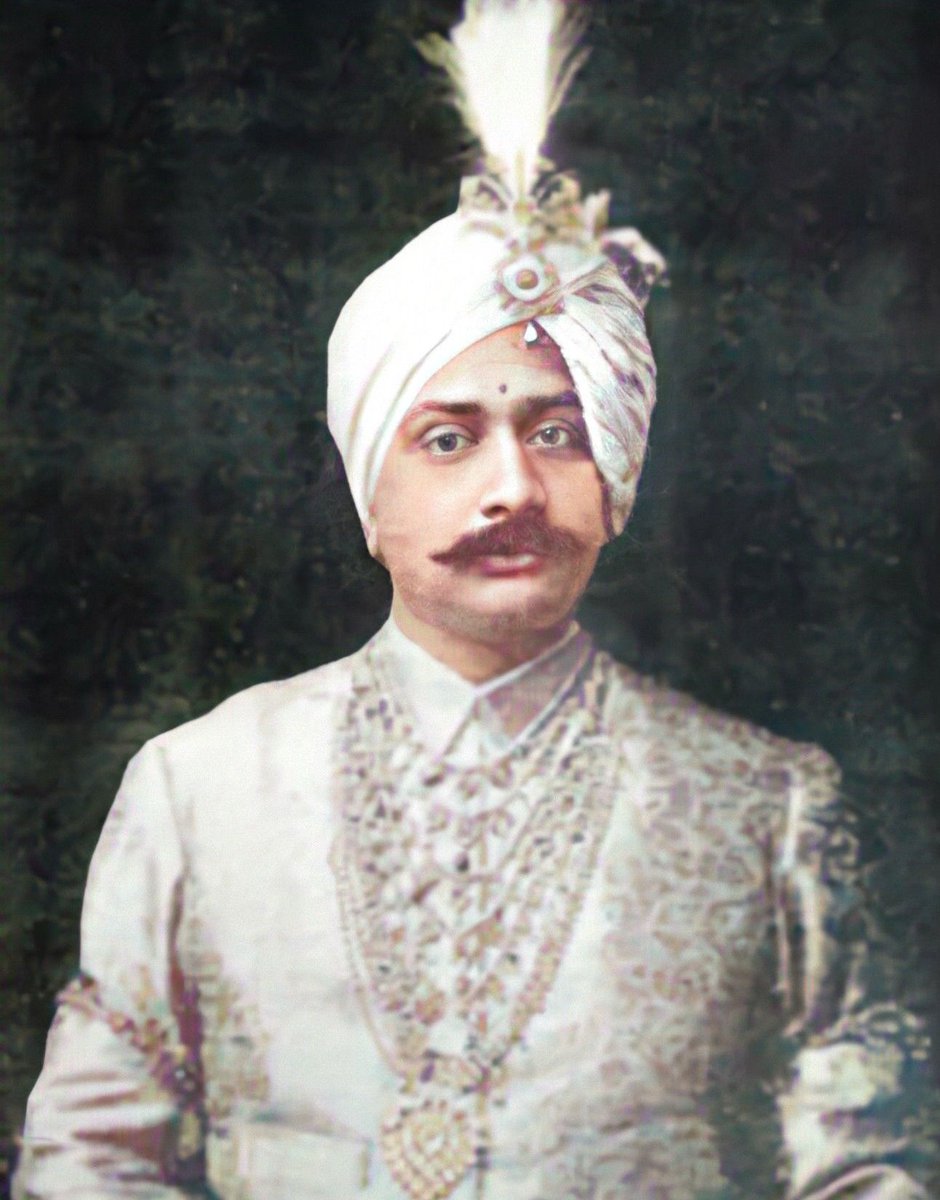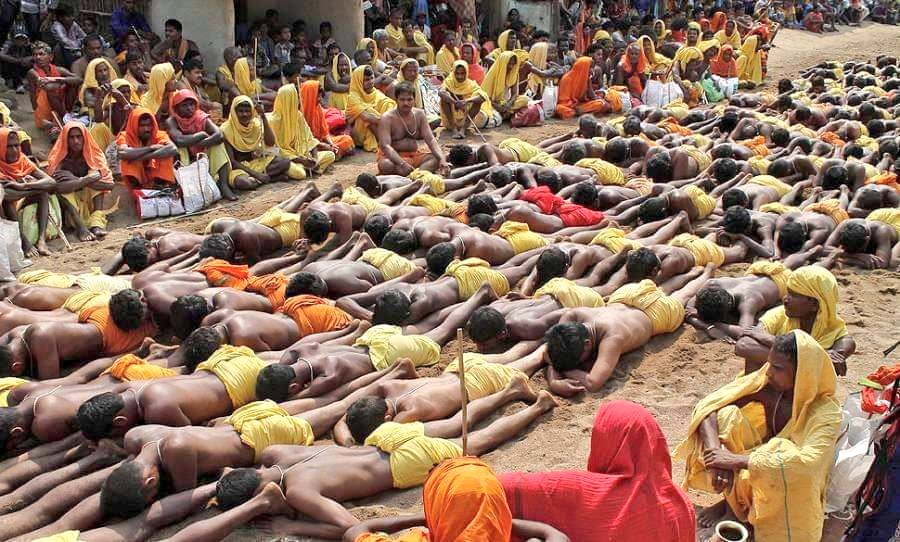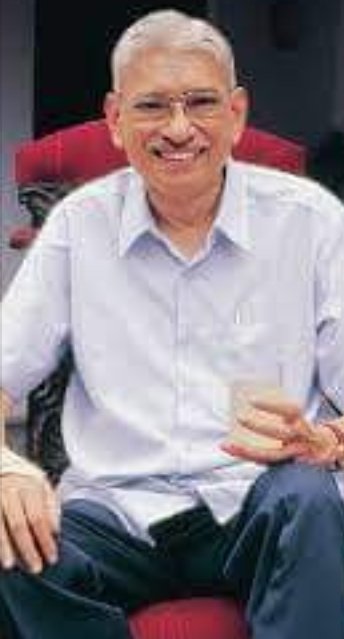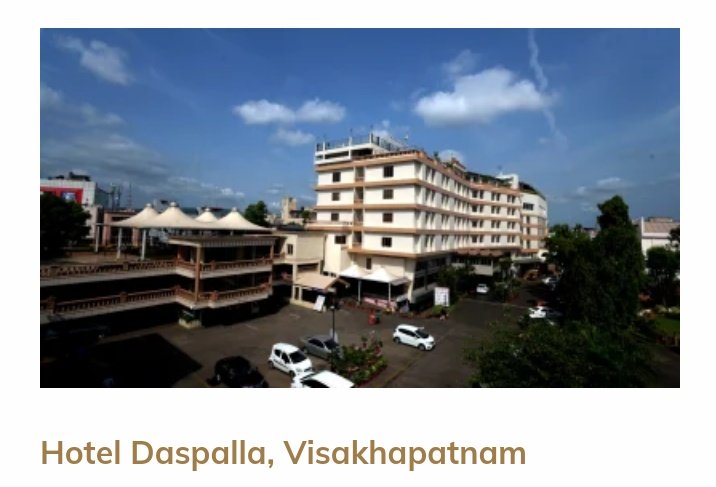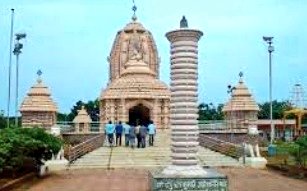
ROLE OF VERNACULAR NEWSPAPERS IN FORMATION OF SEPARATE ODISHA PROVINCE ~
Early years of Journalism in Odisha were remarkable for three distinguished features.
1. Their social reformist role.
2. Their contribution towards the development of Odia language and literature and
1/n
Early years of Journalism in Odisha were remarkable for three distinguished features.
1. Their social reformist role.
2. Their contribution towards the development of Odia language and literature and
1/n

3. Role in the movement for unification of Odia speaking
areas.
During this period gradually nationalistic ideas and philosophy began to be reflected in newspapers and periodicals .The Press began to proclaim power and influence over masses and became a formidable
2/n
areas.
During this period gradually nationalistic ideas and philosophy began to be reflected in newspapers and periodicals .The Press began to proclaim power and influence over masses and became a formidable
2/n
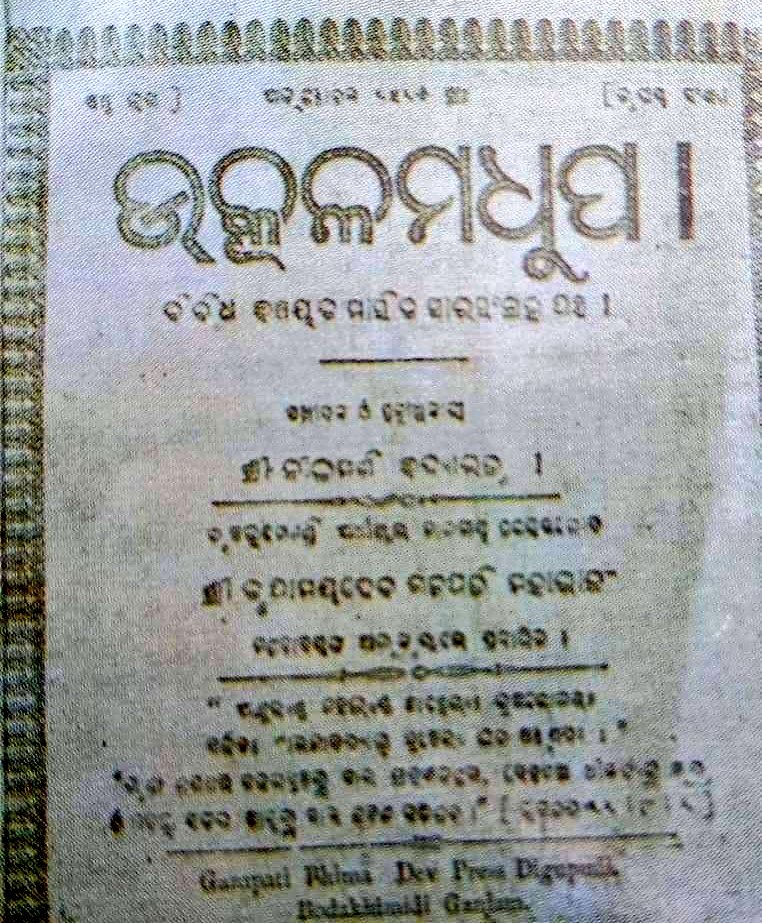
force for social reform and political awakening. It started demanding political power. Along with this a sizable section of the Press gradually tried to assert its Odia identity and began to demand for a separate state. As a result of the relentless demand Odisha
3/n
3/n

became the first separate province on linguistic basis. Starting from first Odia journal "Gyanaruna"(1849) to first Odia magazine "Bodha dayini" (1866) there were many publication which started their operation, yet 1865 was considered to be a remarkable year.
4/n
4/n
Because "Utkal Deepika" the second Odia newspaper in real sense started its publication on Aug 4 1865.
Role of Utkal Deepika-
Glorious history of Odia journalism unfolds with Utkal Deepika. It was born at a time when Odisha was besieged with many problems. Utkal Deepika
5/n
Role of Utkal Deepika-
Glorious history of Odia journalism unfolds with Utkal Deepika. It was born at a time when Odisha was besieged with many problems. Utkal Deepika
5/n
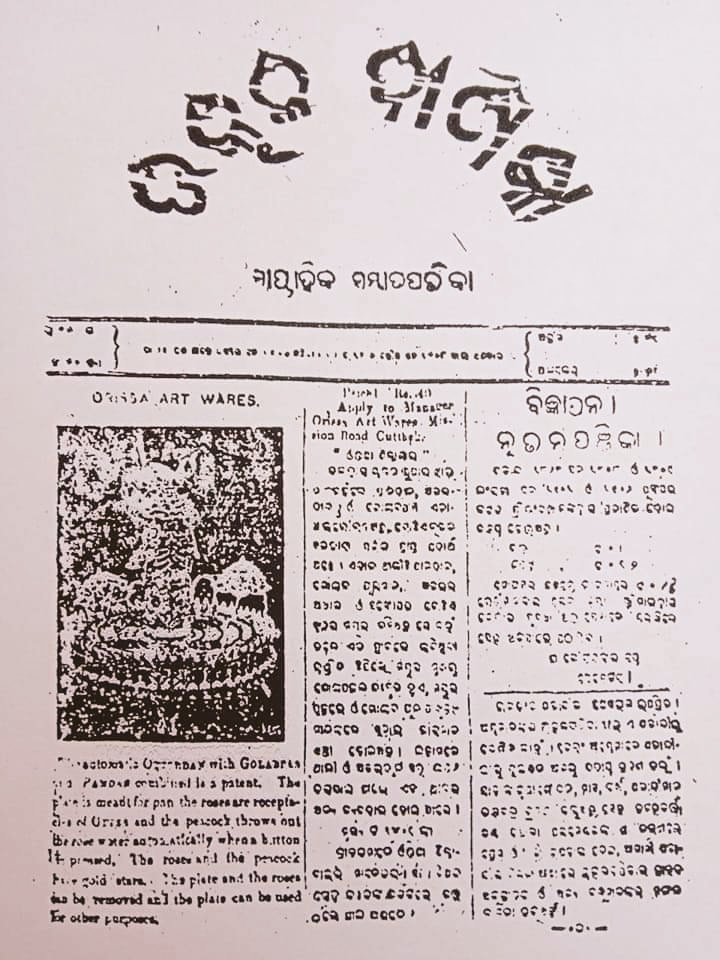
played a significant role for the amalgamation of outlaying Odia speaking areas which remained scattered under different provincial administration. The Utkal Deepika carried on a vigorous campaign for bringing all the Odia-speaking areas under one administration
5/n
5/n
development of Odia language and literature and protection of odia interests. Remarkable instances
1. In 1920 the demand of the Odias for unification under one administration got its intensity. An interesting feature on this aspect of Odia unification appeared in an
6/n
1. In 1920 the demand of the Odias for unification under one administration got its intensity. An interesting feature on this aspect of Odia unification appeared in an
6/n
issue of Utkal Deepika(May 8, 1920).According to that report - The Odias have been crying hoarse over the subject for the last ten years and what is the result of their crying? They are told that the Govt of the day has no positive knowledge that Odias living
6/n
6/n
in the outlying parts are really willing and anxious to be united to their country. We may as well ask Govt whether it had any positive knowledge about the same matter when Govt of Lord Curzon proposed the same amalgamation in 1903. The Article also stated, “
7/n
7/n

Assam is a small country like Odisha, but in order to make the province self-supporting two or three fertile Bengal districts have been kept annexed to it where as natural Odisha inspite of her peculiar condition has been vivisected and placed under four different Govt.
8/n
8/n
The benign British Govt takes pride in raising fake nationalities. 2. On 6th March ,1920, Utkal Deepika published a news on how the Raja Saheb of Kanika in the Central Council delivered an interesting talk on the unification of Odia speaking areas under one
9/n
9/n

administration. He strangely projected the demand by several cogent arguments. The dismemberment of Odisha according to him was responsible for the paralysis of a respectable race. He also pleaded for homogeneity. 3. On 19th February 1927, Utkal Deepika published a
10/n
10/n
report on the proposal given by Pandit Nilakatha Das in the Central council for the union of odia speaking areas. He said that there would be no rest to the Odias till the achievement of the unification and they would launch wide spread movement for that purpose.
11/n
11/n

Role of Dainik Asha
In 1928 Sashi Bhusan Rath started the Odia Daily "Asha" from Berhampur. This was a remarkable moment for the people of Odisha as it had helped the people to launch their struggle more effectively and vigorously to secure
12/n
In 1928 Sashi Bhusan Rath started the Odia Daily "Asha" from Berhampur. This was a remarkable moment for the people of Odisha as it had helped the people to launch their struggle more effectively and vigorously to secure
12/n

the unification of the outlying odia areas under one administration. "Asha" strongly denounced the Telugu ascendency over Ganjam and pleaded for the fulfillment of the Odia demand.
13/n
13/n
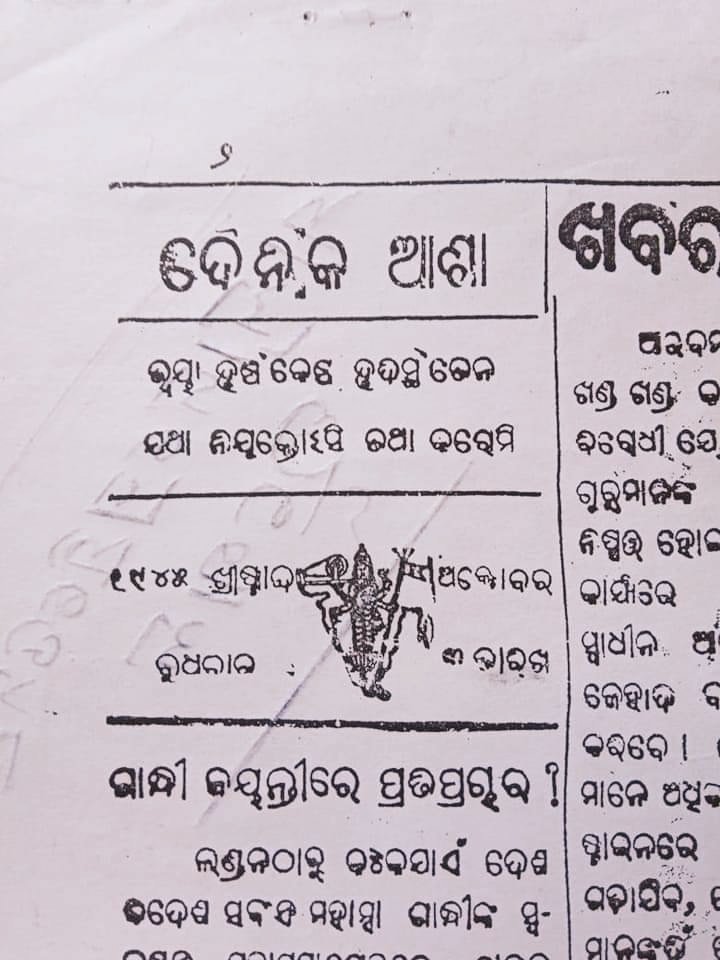
1. Krupasindhu Hota , a noted Congress activist in an interesting article in Asha of 3rd Nov 1924 pleaded for the unification of the Odia areas of Ganjam, Jeypore, Medinapur, Singhbhum, Phuljhar with Odisha for Odia Mulaka.
2. The Odias of Berhampur taluk presented a
13/n
2. The Odias of Berhampur taluk presented a
13/n
memorandum to the Odia amalgamation to the enquiry committee at a public meeting held on 29th November 1924. Asha gave it a wide publicity by publishing this memorandum.
3. The Odia weekly Asha then very emphatically demanded the formation of Orissa province on the
14/n
3. The Odia weekly Asha then very emphatically demanded the formation of Orissa province on the
14/n
basis of language which was supported in the past by illustrious Viceroys like Lord Curzon, Lord Harding and others. Not only leaders wanted to mobilize the people for the purpose of amalgamation of odia areas , many poets and writers starts writing on the burning
15/n
15/n
issues of Odisha union which could provoke the people in many areas. Mayadhar Mansingh on behalf of "Pragati Sangha" composed a poem titled Uttisha Utkal (Awaeken O Utkal) which was published in Asha of 12th October 1931. A part of the poem has been quoted here:
16/n
16/n

"Uthare Supata Jati
Nidrabhara dekhi
Pratibeshi Nebe to Anga Kati
Uttare achi Chatura Banga
Dakshine rahichi taki Telenga Gudhra samana katibe anga
Nebe anande banti. "
Nilakantha Das from Nayabasana area wrote a letter to the editor of Asha on 26th November 1931
14/n
Nidrabhara dekhi
Pratibeshi Nebe to Anga Kati
Uttare achi Chatura Banga
Dakshine rahichi taki Telenga Gudhra samana katibe anga
Nebe anande banti. "
Nilakantha Das from Nayabasana area wrote a letter to the editor of Asha on 26th November 1931
14/n
about the anti-Odia feeling of Birendra Sasmal of Kanthi. Then there was great protest against the anti-Odia attitude of Birendra Sasmal in the Asha. Nabeen Nabeen was published from Berhampur which also covered the issues regarding unification of state extensively.
15/n
15/n
Nabeen particularly published on works of Maharaja of Paralakhemundi Krushna Chandra Gajapati Dev who was very active at that time. The most remarkable achievement was Maharaja presented a note in the Round table conference in 1930. The memorial by the Rajasaheb
16/n
16/n

described the need for a separate province. He spoke about the dismembered condition of the Odias and their desire to remain united. He presented the significance of the past of the odias and their economic potency . Nabeen published a number of articles on all these
17/n
17/n
issues. Medinibandhava In 1931, there was great awakening in the Medinapur, Singhbhum and Manbhum for the union of odia speaking areas with Odisha. Godavarisha Mohapatra, an enthusiastic odia organiser in 1931 pleaded strongly for the unification of Medinapur with Odisha.
18/n
18/n
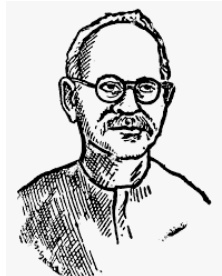
Medinibhavana, the news weekly from Mdinapur was pro- Odia since 1915. It published many articles and supported the movement to add Medinapur with Odisha.
Samaj
Pandit Gopabandhu Das founded the Samaj as a weekly in 1919 to highlight the plight of the people of Odisha
19/n
Samaj
Pandit Gopabandhu Das founded the Samaj as a weekly in 1919 to highlight the plight of the people of Odisha
19/n

and to bring it to the notice of the administration for separate state province. Pandit Gopabandhu Das himself was an effortless fighter and was editing this historic newspaper. Samaj published many articles and features to support the cause of
/n
/n
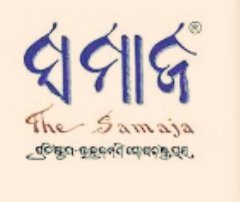
unification.
Prajatantra
Prajatantra first started its publication as a weekly from Balasore on Oct 2, 1923. Then it was shifted to Cuttack. Dr Harekrushna Mahatab, the founder was fighting for the unification and he wrote many articles in this newspaper.
21/n
Prajatantra
Prajatantra first started its publication as a weekly from Balasore on Oct 2, 1923. Then it was shifted to Cuttack. Dr Harekrushna Mahatab, the founder was fighting for the unification and he wrote many articles in this newspaper.
21/n

Jatiya Kabi Birakishore Das who was especially known for his energetic writings to motivate the mass for the cause of freedom movement was associated with Prajatantra and wrote many articles to awaken the mass. It ceased publication on Dec 28, 1930 in protest against the
22/n
22/n

Britishers.
Sambalpur Hiteisini
It was first real newspaper of western Odisha. Raja Sudhala Dev of the then Bamanda state, a part of Western Odisha was patronising the paper titled "Sambalpur Hiteisini" which was edited by Pandit Nilamani Vidyaratna.
22/n
Sambalpur Hiteisini
It was first real newspaper of western Odisha. Raja Sudhala Dev of the then Bamanda state, a part of Western Odisha was patronising the paper titled "Sambalpur Hiteisini" which was edited by Pandit Nilamani Vidyaratna.
22/n

He joined the Sambalpur Hiteisini in the last decade of nineteenth century and gave a new fillip to the cause of amalgamation movement. It tried to analyse issues and events through incisive articles by eminent writers and thinkers of that time like Fakir Mohan Senapati,
23/n
23/n

Gangadhar Meher, Biswanath Kar, Sashibhusab Rath, Radhanath Roy and Dharinidhar Mishra etc.
• • •
Missing some Tweet in this thread? You can try to
force a refresh









